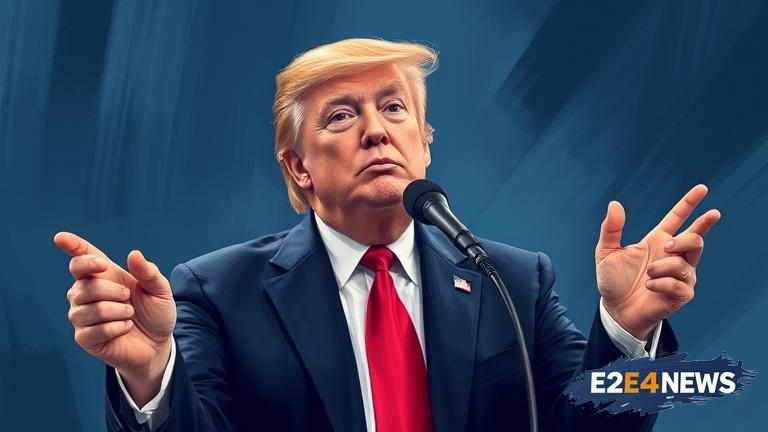Former US President Donald Trump has been actively using the courts to challenge social media regulations and push for changes in the way online platforms moderate content. This move is seen as a significant development in the ongoing debate about free speech and online censorship. Trump’s legal team has filed several lawsuits against major social media companies, including Twitter, Facebook, and YouTube, alleging that they have unfairly censored his accounts and those of his supporters. The lawsuits claim that the social media companies have violated Trump’s First Amendment rights and have engaged in discriminatory practices. Trump’s lawyers argue that the social media companies have become too powerful and are now acting as arbiters of what is acceptable speech, rather than simply providing a platform for users to express themselves. The lawsuits have sparked a heated debate about the role of social media in modern society and the need for greater regulation of online content. Some argue that social media companies have a responsibility to protect their users from harmful or offensive content, while others believe that such regulation is a form of censorship that undermines free speech. Trump’s legal crusade has also raised questions about the potential consequences of changing the way social media companies moderate content. If the courts were to rule in Trump’s favor, it could have significant implications for the way social media companies operate and the types of content that are allowed on their platforms. On the other hand, if the courts were to rule against Trump, it could embolden social media companies to continue their current practices and potentially lead to even more stringent regulations on online content. The outcome of these lawsuits is far from certain, and it is likely that the issue will ultimately be decided by the Supreme Court. In the meantime, Trump’s legal team will continue to push for changes in the way social media companies moderate content, while the social media companies will likely defend their current practices as necessary to protect their users. The debate over social media regulation is complex and multifaceted, and it is likely that it will continue to be a major issue in the years to come. As the use of social media continues to grow and evolve, it is likely that the need for greater regulation will only increase. Ultimately, the outcome of Trump’s legal crusade will have significant implications for the future of social media and the way online content is regulated. The issue has sparked a national conversation about the role of social media in modern society and the need for greater transparency and accountability from social media companies. Trump’s legal team has also argued that the social media companies have a disproportionate amount of power and influence, and that they are using this power to silence conservative voices and stifle free speech. The social media companies have denied these allegations, arguing that they are simply trying to protect their users from harmful or offensive content. The debate over social media regulation is not limited to the United States, as countries around the world are grappling with the same issues. The European Union, for example, has implemented strict regulations on social media companies, requiring them to remove hate speech and other forms of harmful content from their platforms. As the global conversation about social media regulation continues to evolve, it is likely that we will see significant changes in the way online content is regulated in the years to come.
